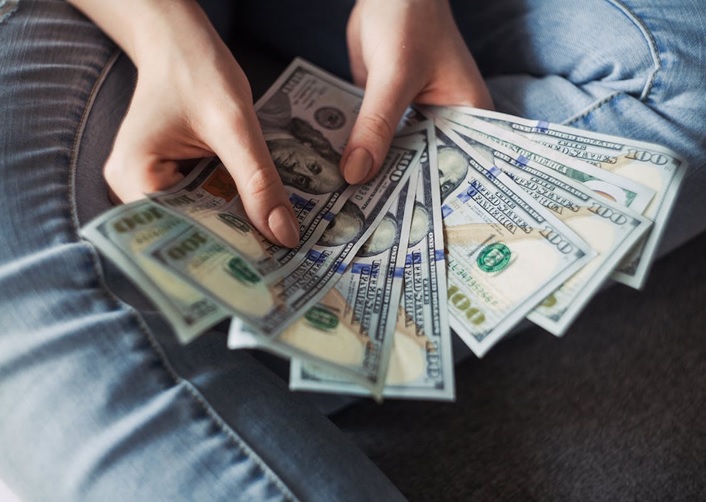If you’re like me, your first instinct is to reach for the cash. “I need money to survive,” you think, “and investing sounds risky.”
While there are times when it’s best to hold onto your money in an emergency fund, there are also many situations where investing can be a good option. Let’s look at some of the most common scenarios in which holding onto cash may not be worth it.
You need a certain amount of financial cushion to survive.
This will help ensure that if an unexpected event occurs, such as losing your job or being hospitalized, your life will have no immediate financial impact.
Before understanding the argument of investing vs holding cash, you should understand the basics of investing. Investing is putting your money in something that will hopefully make more money over time while holding cash is just saving it in a bank account or earning interest on it.
If this isn’t possible for some reason (such as having debt), consider putting more money toward paying off those debts before saving up an emergency fund–but don’t forget about building up savings! Once those debts are paid off and/or downgraded into lower interest rates like credit cards or student loans, start saving again until you reach the recommended three-to-six-month mark for covering expenses.
Once all other bills are paid off and/or under control with minimal savings needed each month (about one month’s worth), use any extra cash flow from after-tax income towards investment opportunities instead of hoarding it away for emergencies only–you never know when an opportunity might strike!
The market is going up.
Keep your investments if you are invested in stocks and the market is increasing. This is a good time for investors who want to buy more shares of their company’s stock.
If you are looking to invest in the stock market but haven’t yet done so, this would be an ideal time to buy some shares (assuming your goal is long-term growth).
If you already own a lot of company stock and it continues rising, consider holding onto them as long as possible–even after they have doubled or tripled from its original price per share!
It all depends on how you plan to use the money.
The best way to determine whether cash is king is by asking yourself: “How will this money be used?” Cash is king if you need it for something shortly, such as paying off a bill or buying groceries.
Cash is king if you don’t want to lose money on an investment that may go south–or even worse, never pay off! If your goal is saving money and building up an emergency fund, then the cash is king because nothing else comes close when it comes time for savings.
Know what you’re getting into before jumping in.
Investing in anything can be risky, so you must know how much risk is right for your situation and goals. Knowing your risk tolerance means understanding how comfortable or uncomfortable an investment makes you feel when things go wrong.
If an investment loses value and recovers over time, do you have enough patience to wait it out? If so, maybe this isn’t a big deal for your portfolio; if not, maybe reconsider!
Knowing what investments are available also helps determine which ones might be best suited for someone with a certain level of experience or education (or both). For example: If someone has no idea about stocks but wants exposure through mutual funds anyway because “it seems easy enough,” then maybe those aren’t great options!
Cash isn’t always king, but sometimes it is!
Cash is king when you need a certain amount of financial cushion to survive. If you’re living paycheck to paycheck and the market is going up, cash can help you make ends meet until things improve.
Cash is king if you use it for a specific reason, like buying a house or paying for college. In these cases, having cash on hand will allow you more flexibility in negotiating with sellers or lenders who may be more willing to work with someone who doesn’t need financing as much as they would if they were asking them for money up front (which would increase their risk).
There you go!
When it comes to money, it’s always best to be prepared. You never know what will happen, so having cash is a good idea. However, if you can invest and earn some extra money in return, go for it! But always ensure your decision has been carefully thought through before investing money into something new or unknown.

